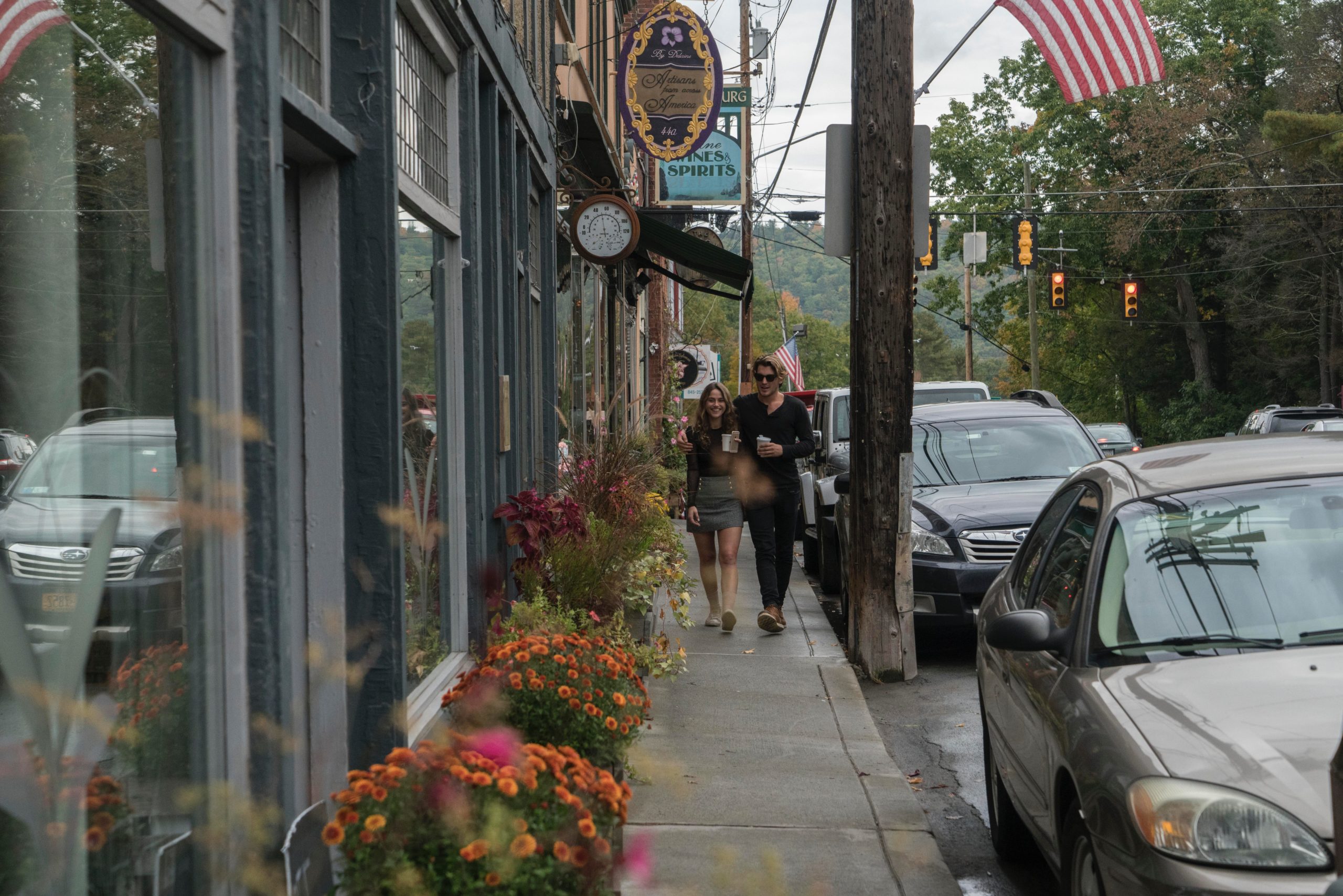Match Day is one of the most pivotal moments in a physician’s career. A lot is riding on those results! The program you match to will determine not only your specialty, but where you and your family will live for the next three to seven years, opportunities for spouse and children and recreation options. While many new residents move out of state, and even out of the country, sometimes it makes more sense to not move at all. Many senior medical students want to stay local for medical residency, especially those that are close with family or found love locally. If any of this resonates with you (or your partner), read on to find out if you have to move for medical residency and how you better your odds of matching locally.
While you have some influence over where you match, the decision is ultimately up to an algorithm comprised of variables that are mostly outside of you or your family’s control. Residency slots can be competitive depending on specialty and location. For example, chances are much slimmer of matching to a dermatology residency in your hometown on the coast than to a local family medicine residency in the Midwest.
The decision to move or stay local is one of the biggest career decisions you will make with lifelong repercussions. Be sure to enlist the help of key others in this process, including your partner, family and friends, and any mentors or faculty you have a good relationship with.
Things to Consider
Many factors affect the choice of location for residency. For some medical students, a move could compromise a spouse’s career or disrupt a child’s education, but it could also open doors to new opportunities. However, limiting oneself to one geographic location runs the risk of career sacrifices for the new physician that can affect lifelong satisfaction, earning potential, goals, and lifestyle.
A 2021 report by the AMA found that desired geographic location was the top consideration ranked by fourth-year medical students, and with good reason. Location determines proximity to family and friends, job opportunities for spouses, schools for children, and available leisure activities; it even influences future residence, as 57% of graduates continue practicing in the state in which they completed residency. While important, these are only a fraction of factors to consider when ranking residencies. Of course you’ll consider the following and weigh all the pros and cons when you are making decisions.
- Quality of the program
- Faculty expertise
- Work-life balance
- Workload
- Satisfaction of current residents
- Overall perceived fit
Understandably, proximity to family is an often-cited reason for staying local in residency. Family provides much-needed social support to both resident and medspouse, which is key during the stressful residency years, and should be an important factor to consider.
How to Stay Local for Residency
If staying local after medical school makes the most sense after evaluating all relevant factors, the action steps below can increase the odds of matching to a desired program.
- Attend local residency fairs and get to know the faculty and decision-makers in the ranking process.
- Choose elective rotations with the program you want to attend. If you’re applying to a different local program than the one affiliated with your medical school, schedule away rotations at the program.
- When composing your personal statement, be sure to include the reasons you want to stay local.
- Applying to more than one specialty in your area will increase your chances of matching locally. Exercise caution when ranking other specialties outside of your first choice, as you want to make sure you are practicing in a field that will satisfy you long term.
- Make your application the best it can be. In addition to your test scores, other key criteria in a residency program’s decision process that you have influence over are: relevant clinical rotations, letters of recommendation, interview performance, and personal statement. You can also make your application stand out by highlighting your interests and experience, such as research or relevant volunteer work.
Your residency program is one of the most influential puzzle pieces in your medical career and its trajectory. Both specialty and location have a major influence on your lifestyle and work satisfaction, both during residency and for your entire career. Moving for medical residency isn’t necessarily a requirement, and while the decision is not totally in your control, you can maximize your influence over the outcome of where you do your medical residency. But, this doesn’t necessarily require a move. For more guidance in choosing which residency programs to apply to, check out this article from The MedCommons.



